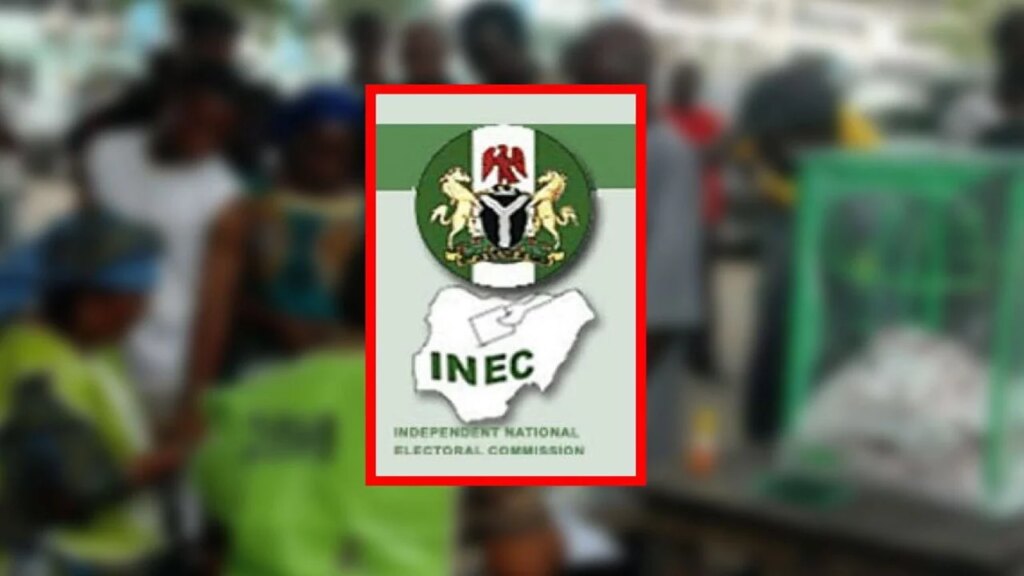Nigeria’s electoral body has issued a firm warning to political parties about premature campaigning for the 2027 general elections, emphasizing that such activities breach national electoral laws. The Independent National Electoral Commission (INEC) clarified that formal electioneering can only begin 150 days before voting concludes, with all campaigns required to cease 24 hours prior to polling day.
The commission’s statement, released by Chief Press Secretary Rotimi Oyekanmi, addressed mounting concerns over early political activities, including the widespread distribution of campaign posters and low-key rallies, despite the absence of an official election timetable. Oyekanmi stressed that INEC has yet to announce key dates for party primaries or candidate nominations, processes that must precede any lawful campaign efforts.
Citing Sections 94(1) and 95(1) of Nigeria’s 2022 Electoral Act, the regulator reiterated that public campaigns by parties or candidates remain prohibited outside the mandated 150-day window. While acknowledging citizens’ rights to free political expression, INEC distinguished casual discussions about elections from organized canvassing for votes, labeling the latter as both premature and illegal under current statutes.
The advisory follows discussions at INEC’s most recent quarterly meeting with political stakeholders, where the commission reminded parties of their obligation to adhere to electoral guidelines. Though Nigeria’s next general elections remain nearly three years away, the early maneuvering reflects heightened political tensions in Africa’s most populous democracy, where election cycles often see extended unofficial campaigning periods.
INEC’s intervention underscores efforts to enforce timing regulations designed to prevent prolonged political disruptions and maintain a structured electoral environment. Analysts note that compliance with such rules has historically been uneven, with enforcement challenges arising from ambiguities in distinguishing grassroots mobilization from formal campaigns. The commission has not specified penalties for current violations but reaffirmed expectations of strict adherence moving forward.
